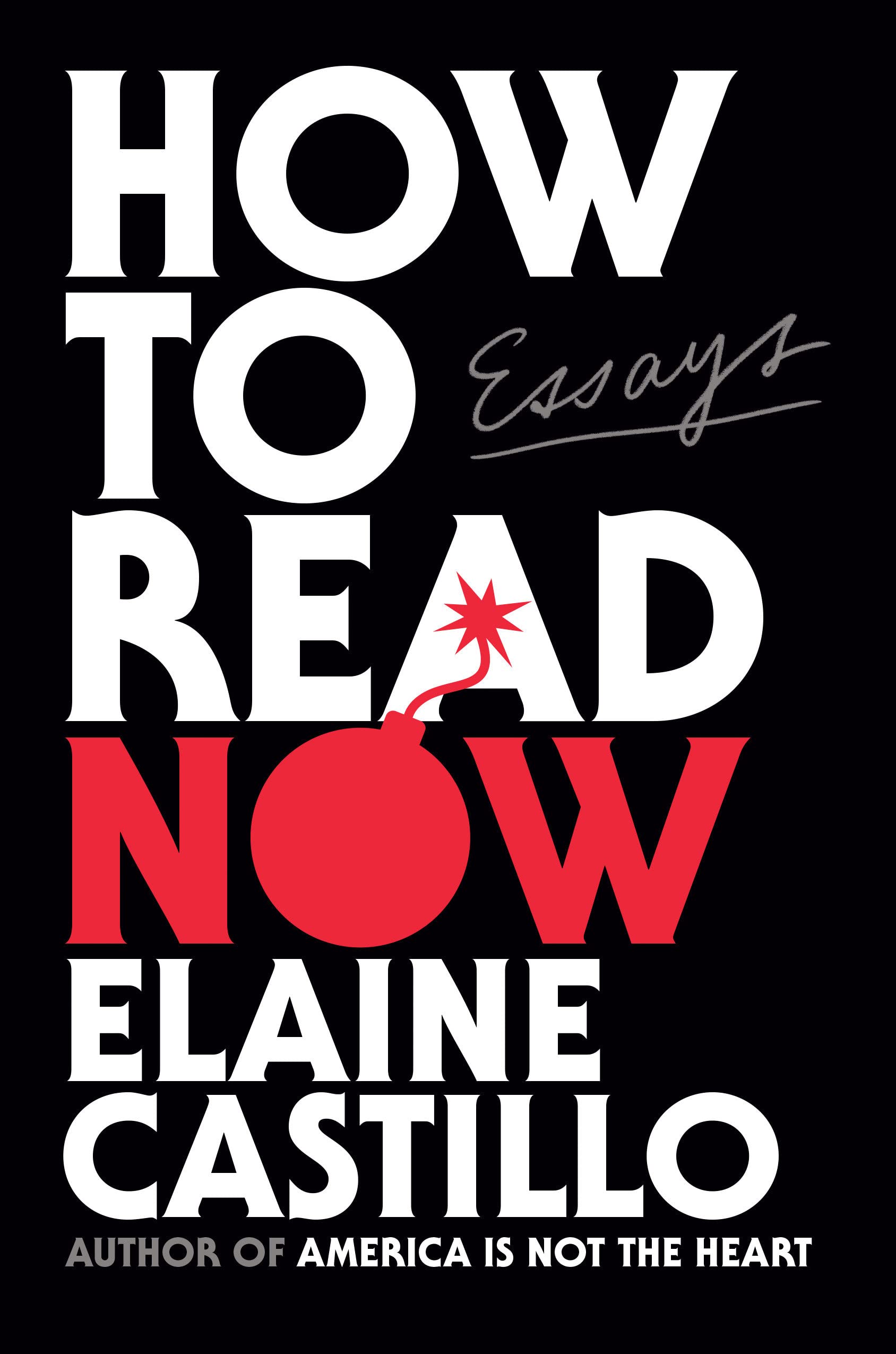Welcome to Read this Book, a newsletter where I recommend one book that needs to jump onto your TBR pile! These books are from all sorts of different genres and for all age ranges. Today I’m sharing a book for Nonfiction November.

How to Read Now: Essays by Elaine Castillo
Back in grad school, I remember spending every possible moment pouring over texts, constantly mulling over ideas of why and how we read. Since then, I’ve been kept busy by a gazillion different things and haven’t had time to think much about ideas around reading. So when I saw Elaine Castillo’s How to Read Now, I had to pick it up and take advantage of the opportunity.
In her introduction, Castillo says, “When I talk about how to read now, I’m not just talking about how to read books now; I’m talking about how to read the world now.” In the rest of the collection, Castillo examines books, film, art exhibitions, and more. To her, “reading” means thinking critically about the art and media we consume.
Castillo also discusses how the world reads her as the daughter of Filipinx immigrants from a working class background. She argues that reading is political, that we bring our understanding of the world to our interpretations of literature, film, and other media. She pushes for readers to think beyond the buzzwords — like “diverse,” “inclusive,” and “positive representation”— to change how we view where literature comes from as a whole.
But Castillo doesn’t just discuss her ideas around reading; she puts them into practice. In the essay, “Reading Teaches Us Empathy and Other Fictions,” Castillo examines Nobel Prize-winning author Peter Handke’s Across, asking why Handke believes that his work is apolitical and should just be appreciated for what it is. In “Main Character Syndrome,” Castillo discusses the work of Joan Didion, pushing against the idea that a settler colonial writer can be “the” voice of California.
Castillo does not hold back her critiques of literary darlings. Instead, she boldly calls for all literature — including treasures of the modern literary world — to be viewed from an anti-imperialist viewpoint. We can appreciate Austen AND acknowledge that her family benefitted monetarily from the slave trade at the time.
While this newsletter will never do this collection of essays justice, I hope you will take the leap and pick up this book. But be forewarned, it’s not for the faint of heart. Prepare to be challenged.
Want to read books from this newsletter? You can, for free! Get three free audiobooks with a trial to Audiobooks.com. Claim your 3 free audiobooks now!
That’s it for this week! You can find me over on my substack Winchester Ave or over on Instagram @kdwinchester. As always, feel free to drop me a line at kendra.d.winchester@gmail.com. For even MORE bookish content, you can find my articles over on Book Riot.
Happy reading, Friends!
~ Kendra